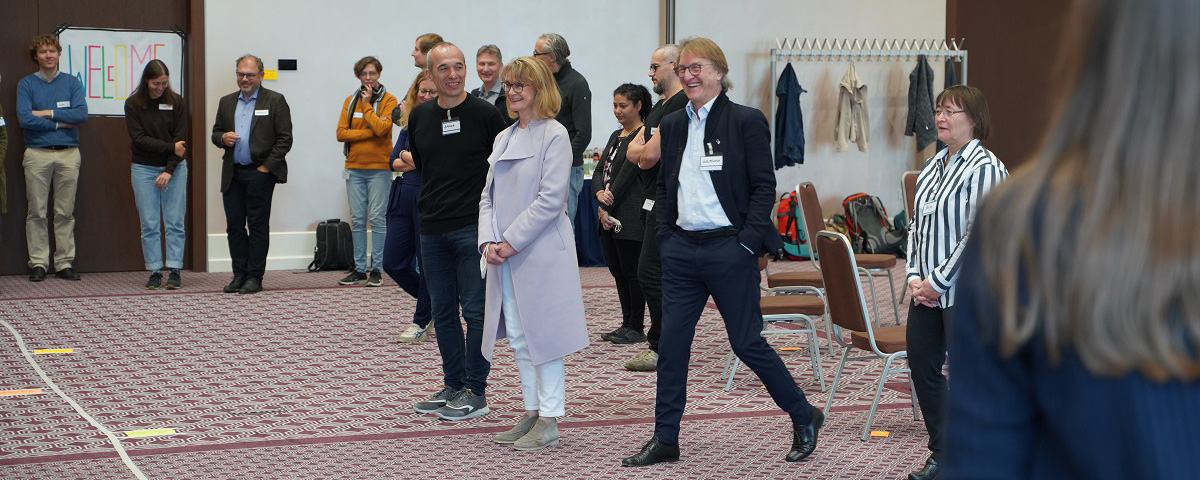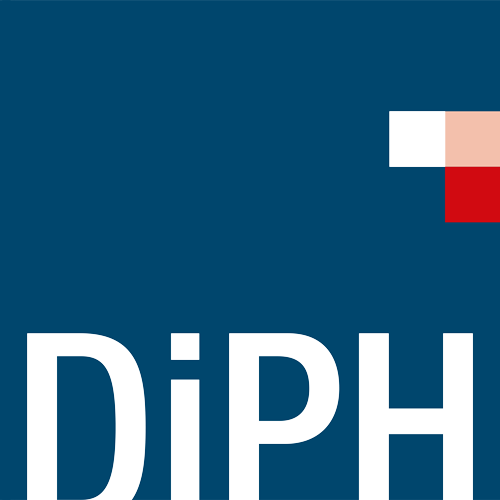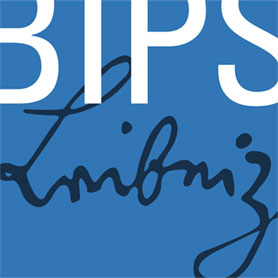Achievements from Phase 1:

In the inaugural phase, the Leibniz ScienceCampus Digital Public Health Bremen (LSC DiPH) embarked on an ambitious journey to probe the realms of digital public health (DiPH) concepts and applications. The core objectives centered on:
- Developing Framework and Concepts: LSC DiPH endeavored to establish a framework, joint concepts, and a standardized terminology for DiPH. This meant aligning technological advancements with public health needs, an approach that diverged from creating technology fields for applications.
- Integration of Evidence and User Needs: The integration of individual and community health needs into technology development was a primary focus. Understanding how interactions within digital environments influence health outcomes was a crucial dimension.
- Evaluating Digital Technologies' Effectiveness: LSC DiPH delved into conceptual and methodological approaches to evaluating digital health tools. Innovative methodologies, including life cycle analyses, were integrated to assess the effectiveness of DiPH technology.
- Community and User Engagement: The aim was to enhance community and user engagement by deploying novel participatory methods. Scalable digital methods were explored to facilitate participation, even in diverse and underrepresented communities.
Key Milestones and Cross-Cutting Topics:
The first phase yielded several milestones that shaped the path forward:
- Comprehensive Framework: The development of a comprehensive framework for DiPH technology, blending development and evaluation from a public health perspective. The framework, hosted on lsc-digital-public-health.de/forschung/framework.html, is open to continuous updates and revision.
- Shared Terminology: The establishment of interdisciplinary definitions for DiPH interventions and health/medical apps, offering a common language for the field. A glossary of DiPH terminology was devised at lsc-digital-public-health.de/forschung/glossary.html.
- COVID-19 Exploration: Amid the COVID-19 pandemic, the LSC DiPH provided expertise on digital tools like the Corona Warning App. The pandemic also prompted third-party grants for COVID-related research.
Interdisciplinary Collaboration and Value Addition:
LSC DiPH thrived on interdisciplinary collaboration, forging a dynamic research environment through thematic research clusters. Seed money proposals, regular exchanges, and showcases fueled cross-cluster cooperation. Noteworthy collaborations, previously unexplored, yielded competitive external funding and new research groups.
Early Career Researcher Academy (ECRA):
The ECRA became an integral unit, facilitating the implementation of LSC DiPH's programs. With self-governance and a talent fund, ECRA attracted a wide array of early career researchers. By July 2022, ECRA swelled to include 43 core and associate members from Bremen and beyond.
Strategic Development and Future Objectives:
As a rapidly evolving field, digital public health demanded innovative and exploratory research. Conceptual outputs, such as interdisciplinary definitions and a forthcoming "Handbook Digital Public Health," fueled the progress. The COVID-19 outbreak underscored the relevance of digital public health, and LSC DiPH engaged in nationwide competence networks.
Collaboration and Impact:
LSC DiPH's establishment of collaboration structures transcended disciplinary boundaries, garnering recognition from policy stakeholders, researchers, and institutions. The engagement in national and international public health bodies showcased the campus's influence on shaping public health discourse.
In conclusion, the first funding phase of LSC DiPH laid a solid foundation for the road ahead, marked by innovative frameworks, cross-disciplinary collaborations, and impactful contributions to digital public health research.






